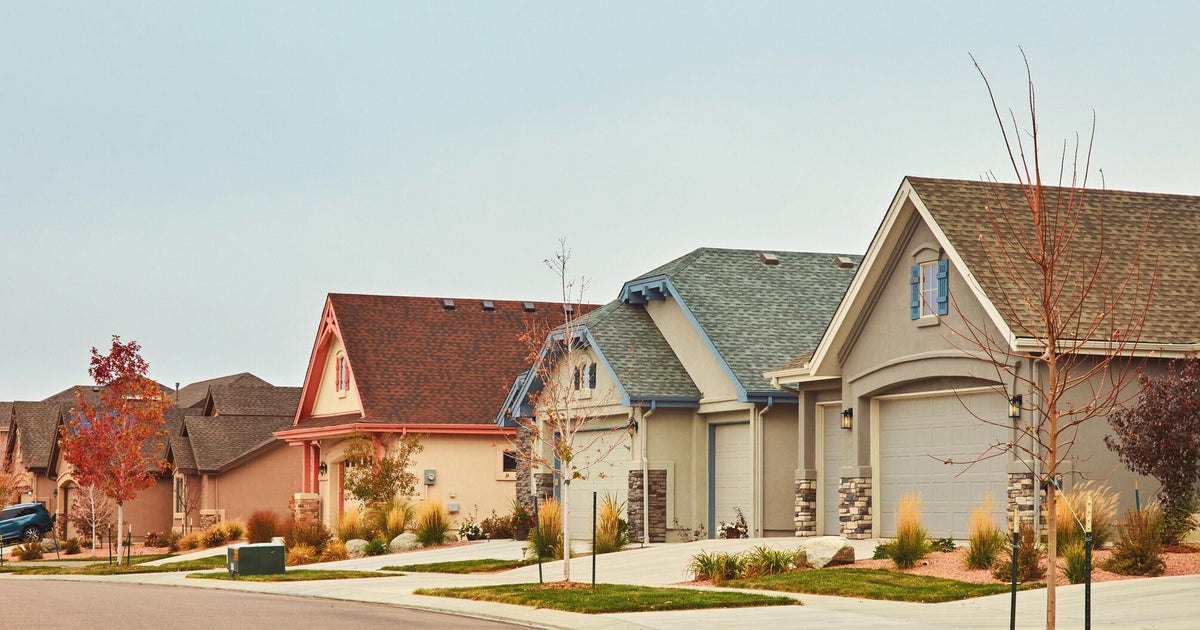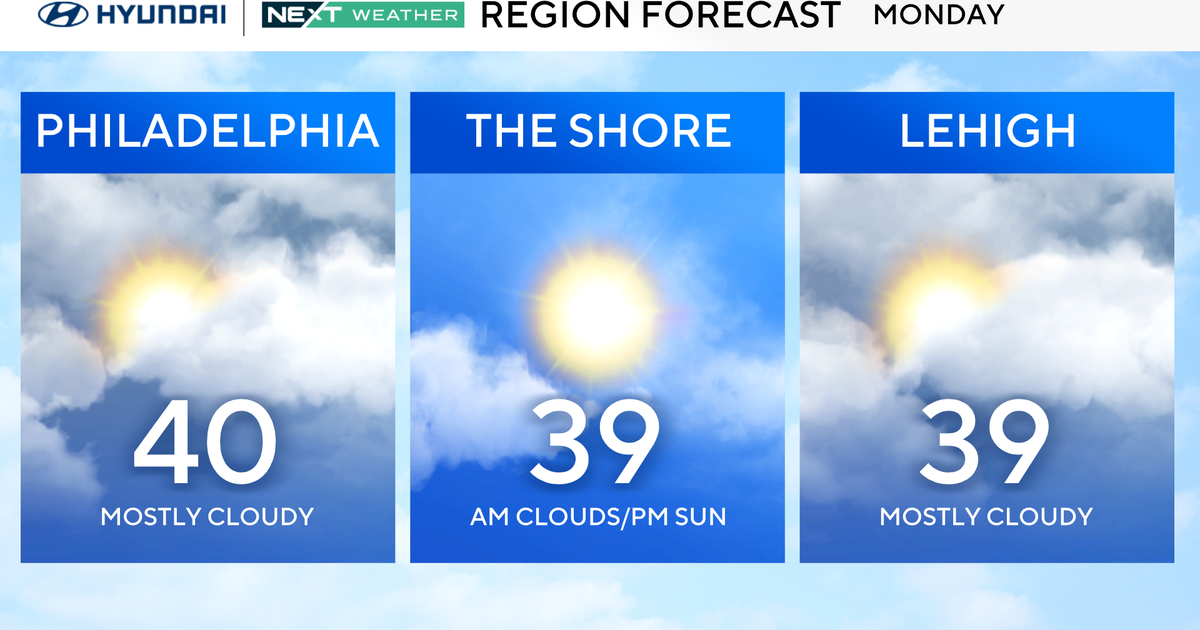Mortgage interest rate forecast for 2024: Everything experts think will happen
It was only in 2020 when interest rates plummeted as the Federal Reserve tried to prevent the economy from crashing due to the pandemic. Those low rates helped fuel a real estate frenzy, with many homebuyers locking in 30-year fixed-rate mortgages at sub-3% rates. Now, however, as the Fed has tried getting a handle on inflation, interest rates have soared, including for mortgages.
As of November, 30 2023, the average 30-year fixed-rate mortgage in the US is 7.66%. Many prospective homebuyers are hoping for some relief, but it's unclear when exactly that will happen. Current homeowners also face high rates. The average 30-year-fixed mortgage refinance rate is 7.69%, according to Bankrate.
Still, many experts think mortgage interest rates will start to trend downward in 2024, although perhaps not at a very fast rate. Below, we'll break down what some experts think will happen to mortgage rates next year. Start by exploring your mortgage rate options here today to see what you could qualify for.
Mortgage interest rate forecast for 2024
Here's where experts think mortgage rates will start in 2024, how they think they'll change and other economic factors to monitor.
Where do experts think mortgage rates will start in 2024?
With the new year just weeks away, and the Fed holding on any additional rate hikes for the time being, many experts predict that mortgage rates will start the year roughly where they left off.
A hot job market and inflation not coming down as quickly as expected is making it difficult for the Federal Reserve to bring down rates, explains Jeremy Schachter, mortgage loan officer at Fairway Independent Mortgage Corporation.
And while the Fed doesn't set mortgage rates, there's a correlation.
"Mortgages and inflation go hand in hand," says Schachter. "I personally think mortgage rates will begin roughly where we ended in the low 7s."
Similarly, Robert Frick, corporate economist at Navy Federal Credit Union, predicts 30-year fixed-rate mortgages will start the year in the 7.25%-7.50% range.
Some, however, think rates will continue to climb.
"It has become increasingly evident that rates will be 'higher for longer' as economic resiliency persists, and the Fed remains committed to bringing inflation in line with its long-term target of 2%," says Kelly Miskunas, senior director of capital markets at Better. "Until the market can comfortably assume the hiking cycle is over, we may see mortgage rates continue to drift higher through the early part of 2024."
If rates do rise higher in the months to come, it may make sense for some buyers to lock in a rate now. See what rates you could qualify for here.
How will mortgage rates change throughout 2024?
While rates might be roughly in line with current levels at the start of next year, give or take a little, some experts predict a more substantive drop throughout 2024.
"I personally see mortgage rates coming down into the mid-6s by the second quarter and ending up in the lower 6s or high 5s by the end of the year," says Schachter.
Frick takes a similar view.
"The economy and inflation should weaken next year, causing the Fed to lower rates," he says. "This will influence rates overall and should result in mortgage rates at, or just below, 6%." By the end of 2024, he predicts a range of 5.50%-6.00%.
However, some experts think it will take longer for rates to come down.
"The Fed seems like it will remain unwavering in its fight against inflation," says Miskunas. "Right now, this is reflected in the futures market with the expectation that the Fed funds rate will not deviate much from where it is right now until mid/late 2024."
So, until the Fed starts to reverse course on interest rates, mortgage rates might not move much.
"We anticipate that once the Fed has achieved its goals and begins to loosen monetary policy, mortgage rates will decline. This could occur in the latter half of 2024," says Miskunas.
Economic factors to keep an eye on
Predictions can change as data and circumstances change. So, consider watching out for economic shifts to get an updated idea of where mortgage rates might be heading.
In addition to what the Fed is doing, for example, Frick points to economic indicators such as the spread between the 10-year Treasury and 30-year fixed-rate mortgages.
These two interest rates generally move in the same direction, but how close they are to one another can vary. If the spread starts to close, then that could mean mortgage rates will more closely follow the Fed's changes.
"The lack of certainty and heightened volatility of 2023 has caused mortgage spreads to widen to historically high levels, but once market participants believe that the Fed's hiking cycles are over, mortgage rates will improve significantly," says Miskunas.
Relatedly, data such as monthly jobs reports and the Consumer Price Index (CPI) could also inform where mortgages are heading in 2024. For rates to come down, "we would need to see stronger unemployment numbers and key inflation indicators lower than what was previously shown," says Schachter. When exactly that will happen is hard to say, but in general, experts predict that mortgage rates will trend downward at some point in 2024 as the economy cools.




